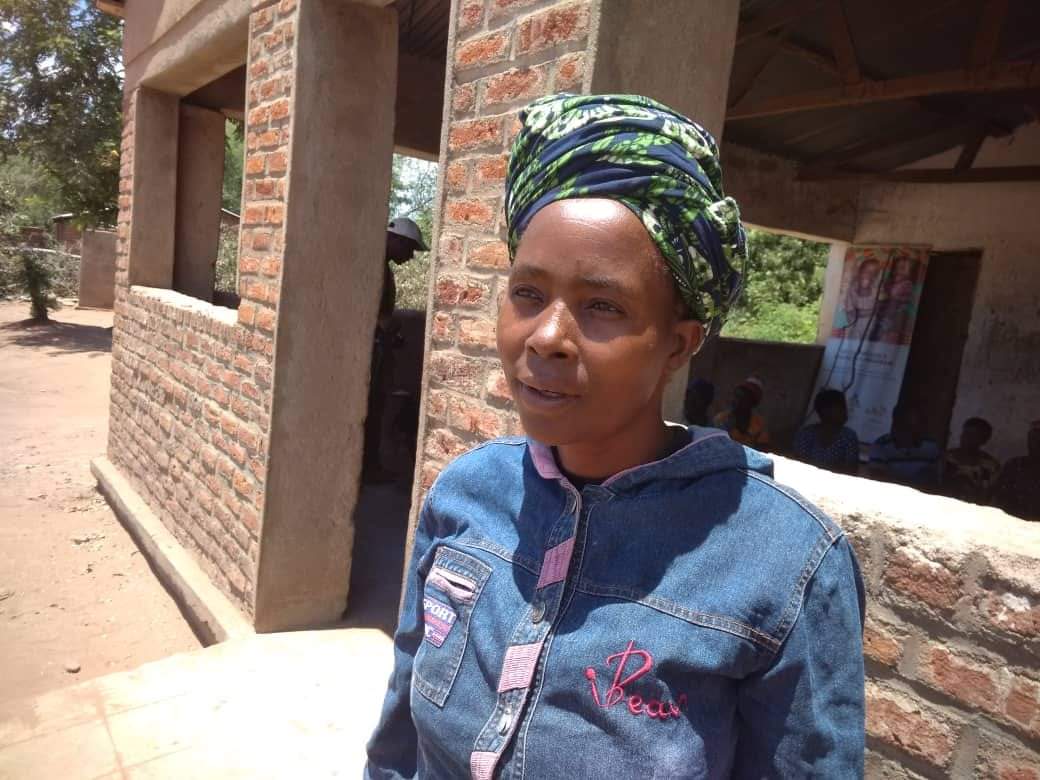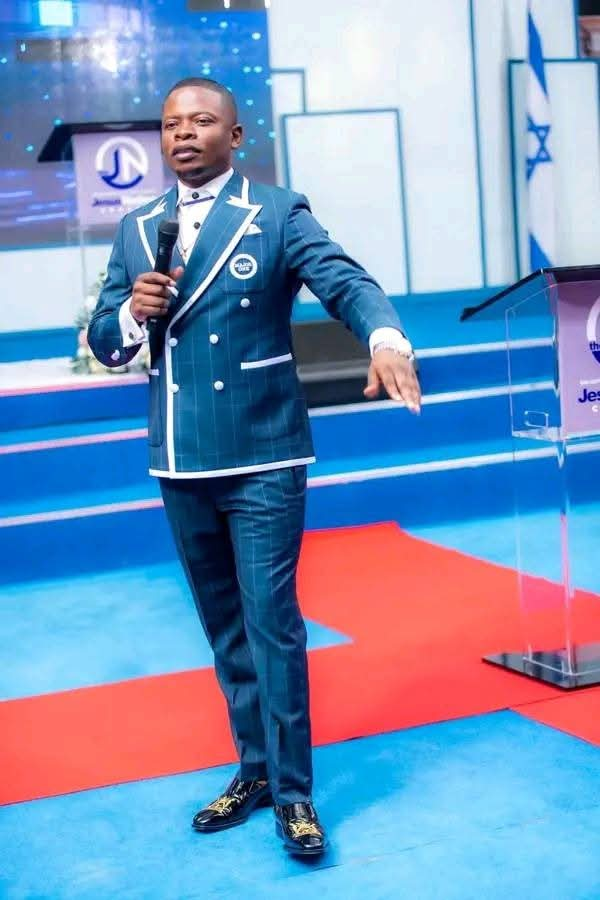By Burnett Munthali
As Malawi’s September 2025 elections draw closer, political analysts are keeping a keen eye on campaign dynamics across the country. In an exclusive interview, veteran political commentator Jones Gadama shared his insights on the mood on the ground, voter behavior, and the evolving strategies of political parties.
Q1: How would you describe the overall mood and engagement of Malawians on the campaign trail so far?
Jones Gadama: This is a moment Malawians have eagerly awaited, and the atmosphere is vibrant and energetic. The engagement is at a high tempo, reflecting the people’s strong desire for change and active participation.
Q2: Which regions or constituencies appear to be the most active in terms of rallies, roadshows, and voter turnout?
Jones Gadama: All regions and constituencies are politically charged at the moment. The key contest is mainly between the outgoing MCP president and the incoming candidate, Professor Arthur Peter Mutharika. We are witnessing heightened activity nationwide, with no area left untouched by the campaign fervor.
Q3: Are there noticeable differences in the campaign strategies of the ruling party versus opposition parties?
Jones Gadama: Absolutely. The ruling party MCP and the opposition DPP have clearly distinct approaches. MCP has focused on criticizing Professor Mutharika’s ability to campaign, labeling him as frail and unable to mobilize. Meanwhile, DPP senior leaders have been highly visible on the ground. For example, when Peter Mutharika emerged from his Mangochi base to campaign in Lilongwe, the turnout was overwhelming, causing disruption on the roads from Ntcheu to Lilongwe and surprising many, including MCP. The DPP’s ground-driven, energetic strategy is proving to unsettle their opponents.
Q4: From what you have observed, are citizens more responsive to policy promises or to the personalities of the candidates?
Jones Gadama: Many Malawians are eager for a new chapter after years under MCP. The personality of Peter Mutharika, popularly known as Adad, resonates strongly with voters who feel ready for change. While policies matter, the public mood right now is heavily influenced by the desire for fresh leadership embodied in his persona.
Q5: How are voters reacting to key campaign issues such as the economy, unemployment, health services, and education?
Jones Gadama: These issues have been central to the MCP government’s tenure, but unfortunately, the electorate feels the government has largely failed to address them effectively. There is a strong desire to replace the current administration with DPP, which has pledged initiatives such as free secondary education. Voters are motivated by these promises and determined to bring new leadership that can tackle these challenges.
Q6: In your assessment, which political party is gaining more traction among urban voters, and which among rural voters?
Jones Gadama: The DPP is gaining significant momentum, closely followed by the ruling MCP, then UTM. Other parties appear to be less influential, with some candidates joining mainly to fragment votes. For instance, Michael Usi’s campaign seems designed to divide votes in the south, where DPP is strong. Kondwani Nankhumwa appears to be struggling to maintain relevance and is facing challenges due to financial constraints.
Q7: How significant do you think youth participation will be in influencing the outcome of the September 2025 elections?
Jones Gadama: Given that Malawi’s population is largely youthful, their active involvement will be pivotal. The youth’s enthusiasm and participation in the campaign will significantly influence the election results.
Q8: Are there any incidents or patterns on the ground that suggest rising tensions or potential conflicts during the campaign period?
Jones Gadama: So far, no major incidents have been reported. Let us hope that peace and calm prevail through the end of the campaign period.
Q9: How effective do you think political parties have been in communicating their manifestos to ordinary Malawians?
Jones Gadama: Communication has been uneven. The DPP has been quite effective in getting their message across, while MCP is struggling due to a record of unfulfilled promises that has eroded trust among voters. This makes it difficult for MCP to convince the electorate.
Q10: Based on your observations, what factors will likely determine the eventual winner of the September 2025 elections?
Jones Gadama: The outcome will hinge on several factors, including voter turnout, youth engagement, the ability of parties to convince citizens through credible policies, and how effectively they manage their campaign strategies on the ground. Ultimately, the electorate’s desire for change and trust in leadership will be decisive.
Concluding Analysis
Gadama’s insights reveal a highly charged political atmosphere in Malawi ahead of the September 2025 elections. While the ruling MCP faces challenges in credibility and public trust, the opposition DPP is energizing its base through visible, ground-level campaigning. The youth vote, voter engagement, and the ability of parties to present credible policies will likely determine the election outcome. For voters, it is not just about party loyalty, but about leadership that promises tangible change.




